8 Heartwarming Japanese Books To Read This Winter
Hibernate Under The Kotatsu With These Comforting Reads
Feeling a bit chilly? Grab one of these winter picks for snuggle up to this season.
It’s getting to that time of year again — the days are getting shorter, the weather is growing colder, and the urge to dive under the kotatsu is becoming stronger. And nothing pairs an escape into a cozy heated table than a warm cup of rooibos tea and a good read. But which books are the ones that will warm your heart enough for your mind to escape the cold? We love these eight Japanese books filled with wholesome and heartwarming themes featuring adventurous journeys and snowy scenes to get lost in and you won’t need to brave the cold at all.
1. The Guest Cat by Takashi Hiraide
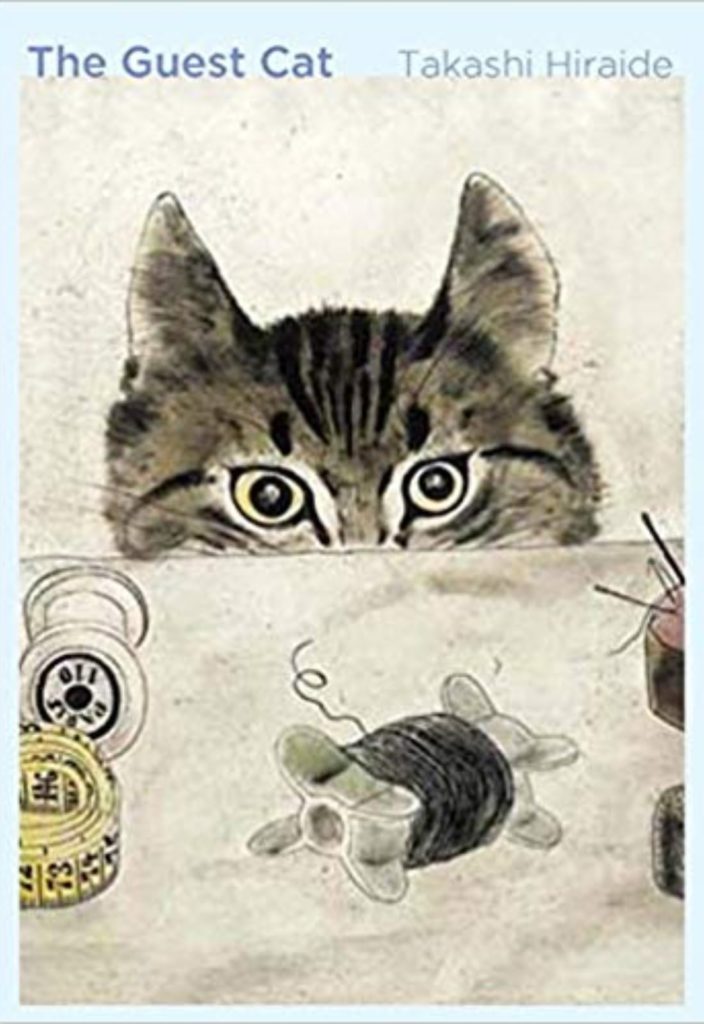
A charming story set in a sleepy Tokyo suburb. A married couple in their thirties has long lost that spark in their marriage — until a stray cat finds its way into their home and breathes new life into the family dynamic. The unexpected feline creates a routine for them, gives them a shared topic to talk about as a couple, and brings joy and a united focus to their life. A lovely tale that displays the immense impact of having something two people care for together, a story that’ll stay in your heart long after the last page.
Translated by: Eric Selland
2. Snow Country by Yasunari Kawabata
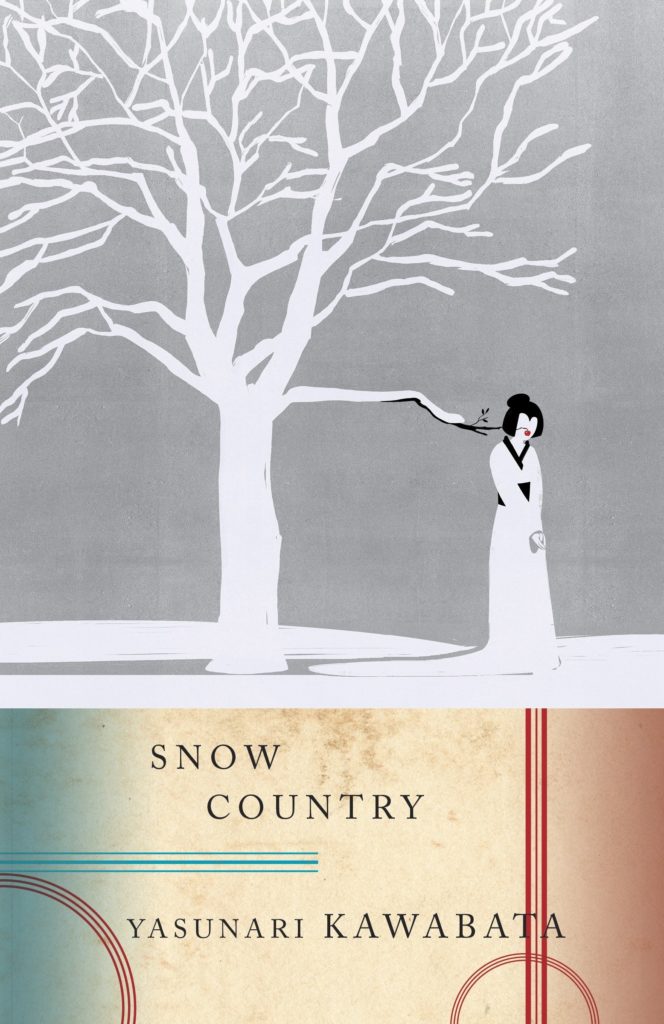
Get lost in snowy Japan — Shimamura, a married man from Tokyo who is tired of the city takes a train to a remote village where the geisha Komako works at a mountain resort. After meeting her on a previous trip to the resort, he believes that she is the love of his life and travels back to the mountains to be with her. A beautiful love story begins to unravel but Komako’s life of seclusion and servitude as a geisha offers them no freedom as a couple. Kawabata romanticizes the scenery of snowy Edo Japan while giving us fascinating insight into the life of a geisha during this period.
Translated by: Edward G. Seidensticker
3. The Office of Gardens and Ponds by Didier Decoin
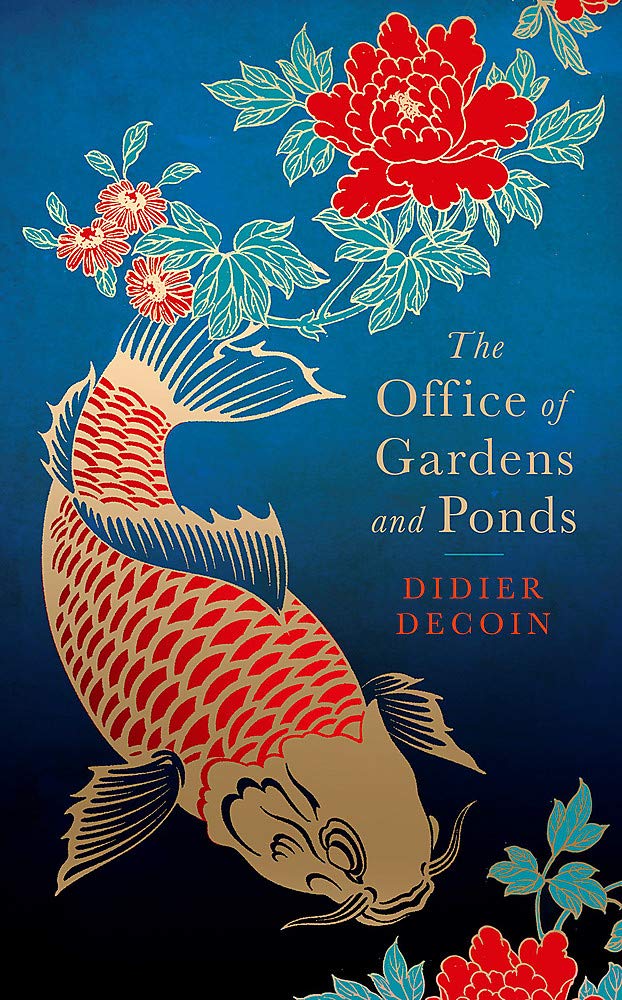
When our protagonist’s fisherman husband dies at the beginning of the novel, Miyuki is left with no choice but to take over his responsibility of delivering their village’s local koi fish to the royal palace in Kyoto. Throughout the first half of the novel, we follow Miyuki on her journey through the beautiful, picturesque Japanese countryside — from the village of Shimae to the Imperial Palace during the Heian period. The existence of class separation between the upper class and the lower class rural people of the villages outside is made evident as Miyuki’s story progresses. She, being one of the lower class, is treated with snobby fascination by those in power and must overcome political barriers in order to return to her village.
Translated from French by: Euan Cameron
4. Memoirs of a Polar Bear by Yoko Tawada

Memoirs of a Polar Bear is a whimsical story that traces the lives of three generations of polar bears: the mother bear, her daughter, Tosca, and Tosca’s son, Knut. Throughout the novel, we are taken through the stories of each bear, all of who are humanized as they are talented writers and performers. Each polar bear reflects on the human politics and economics of the time period they live in but rather than representing these issues, they symbolize what it means to be a human — readers are treated to beautiful tangents and long meandering passages of the curiosities of the world the bears live in. This abstract novel blends reality and surrealism seamlessly, creating a heartwarming story of family, migration, and love which leaves an impact.
Translated by: Susan Bernofsky
5. Before the Coffee Gets Cold by Toshikazu Kawaguchi

Who doesn’t love a good time travel story? Still in business since the Edo period, legend has it that this ancient Tokyo cafe houses one very special item: a magical chair. Our protagonist of the story, Fumiko, discovers that visitors can return to the past by sitting in that one chair, but there are rules: no one can leave the chair while in the past, changing the present is impossible, and most importantly, the time traveler must return to the present before the coffee gets cold. If the traveler is late, they’ll sit at a table in the cafe as a ghost for all eternity. What makes this such a charming story, however, are the regulars of the cafe and the people who work there; slowly, their stories come to the forefront and the cafe comes to life. Everyone eventually will find a reason to use the magic chair in the cafe.
Translated by: Geoffrey Trousselot
6. A Wild Sheep Chase by Haruki Murakami

Murakami’s first full-length novel and first foray into the supernatural, surreal themes that he became known for. Beginning in Tokyo and ending in the rugged northern countryside of Hokkaido, our narrator has been tasked with tracking down a mysterious sheep with a star-shaped pattern in its coat. What begins as a bizarre detective story expands into an exploration of the self and a search for one’s purpose in the world, however strange that search may be. The slow-burning but exhilarating pace of this novel makes this a wonderful winter read.
Translated by: Alfred Birnbaum
7. Sweet Bean Paste by Durian Sukegawa

Sweet Bean Paste will grip you from page one. If nothing else, it’ll make you seriously crave the authentic Japanese flavor of sweet bean paste. Sentaro is a failed writer who also has a criminal background. He now spends his days selling dorayaki from a small sweets shop. He reluctantly lets Tokue, a disfigured elderly woman who has been outcast from society, work in the shop (only in the back so the customers don’t see her). Once he truly gets to know her and their friendship develops, he is forced to confront his own prejudices after he recognizes that he “judged a book by its cover”. Unfortunately, that’s not the case for the visitors to the dorayaki shop who react badly when they find out that Tokue’s disfigurement is due to Hansen’s disease (once known as leprosy) she contracted as a child. It’s a bittersweet novel discussing prejudice, inner demons, and the power of a good friendship.
Translated by: Alison Watts
8. Goodbye Tsugumi by Banana Yoshimoto
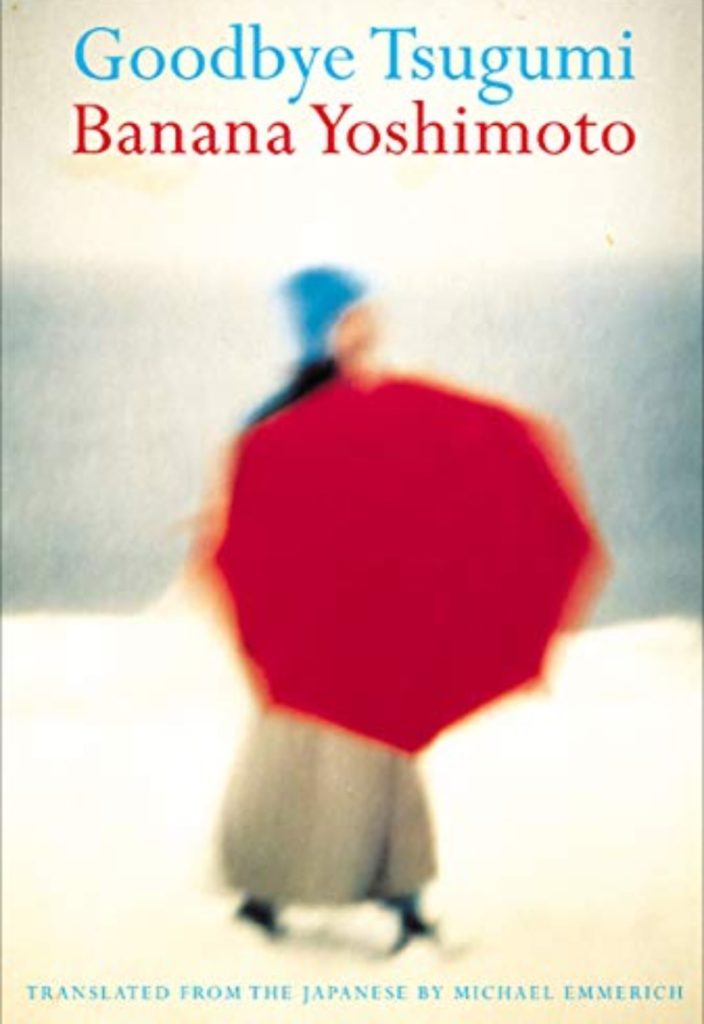
A story of sisterly love between two cousins set in a rural seaside town in Japan. We are introduced to Maria, whose family runs an inn where her cousin Tsugumi lives. Tsugumi lives with an unspecified, potentially life-threatening illness meaning she can’t have a normal life, let alone go on any adventures. Maria sticks with Tsugumi through her dark times and mood swings and even when Maria goes to university, she can’t seem to let the emotionally aggressive Tsugumi go.
Translated by: Michael Emmerich













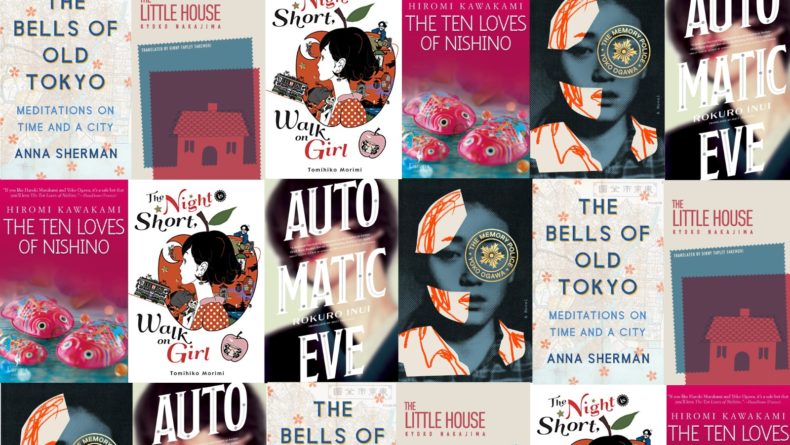


Leave a Reply